Introduction:

Barcelona Football Club is one of the most successful football clubs in the world, with a rich history and a strong global fan base. As is usual with top-tier football clubs, the position of head coach is vital, and can often make the difference between success and failure. This article will delve into the world of Barcelona head coaches, discussing their history, approach, and challenges. We will look at the management styles of some of the most successful coaches to have held the position, and explore the path that has led to current head coach Ronald Koeman. We will also consider the specific challenges that Koeman faces in the current landscape of Barcelona football, and how he can overcome them to achieve success.
The History of Barcelona Head Coaches
The Early Years
Barcelona football club was founded in 1899, with its first president Walter Wild being a Swiss national who was tasked with creating a strong, competitive football team. Over the years, however, the club struggled to achieve the kind of success that was expected of it, with numerous coaches coming and going without making much of an impact. It wasn't until the late 1940s when a Hungarian coach, László Kubala, arrived at the club that things began to change. Kubala's approach was revolutionary for the time, focusing on technique and skill above physical strength. Under his guidance, Barcelona achieved its first major success, winning the La Liga title for the first time in 1952.
The Cruyff Years
The 1970s and 80s saw the arrival of a true footballing icon at Barcelona: Johan Cruyff. As a player, Cruyff was instrumental in the style of play known as "total football," a fluid and dynamic approach that prioritizes possession, pressing and aggressive attacking play. As a coach, Cruyff brought that same philosophy to the club, developing a team that was not only successful but also played with incredible style and flair. The "Dream Team" of the early 1990s was the pinnacle of Cruyff's time at Barcelona, winning four consecutive La Liga titles and the 1992 European Cup.
The Koeman Era
Koeman's Background and Approach
Ronald Koeman is a Dutch football coach and former player, who has had a long and successful career both on the field and on the sidelines. As a player, he was known for his versatility and skill, and was a key figure in the Dutch national team that won the European Championship in 1988. As a coach, he has had success at a number of clubs, including Ajax, PSV and Feyenoord. Koeman's coaching style is focused on balance, both in attack and defense, and he is known for his ability to motivate and inspire his players.
Koeman's Challenges at Barcelona
The current landscape at Barcelona is far from ideal for any head coach, with the club facing a number of challenges both on and off the field. The team is in need of a rebuild, following a disappointing season that saw them finish a distant second to Real Madrid in La Liga, and suffer a humiliating defeat to Bayern Munich in the Champions League. At the same time, the club is also facing financial difficulties, with a debt of over 1 billion euros and a need to cut costs wherever possible. These challenges are further compounded by the ongoing pandemic, which has hit football clubs hard around the world.
In order to overcome these challenges, Koeman will need to develop a clear and focused strategy for the club, both in the short term and the long term. He will need to work with the existing squad to build a team that can challenge for titles once again, while also developing young talent from the club's academy. Additionally, he will need to find a way to deal with the financial difficulties, either by reducing costs or finding new sources of revenue for the club.
The Editor Says: The history of Barcelona head coaches is a fascinating one, with a number of iconic figures leaving their mark on the club. Ronald Koeman faces a unique set of challenges as he takes on the role of head coach, and will need to draw on all his experience and expertise to navigate the team through a difficult period. However, with his focus on balance and his ability to motivate players, there is reason to believe that he can succeed where others have struggled.


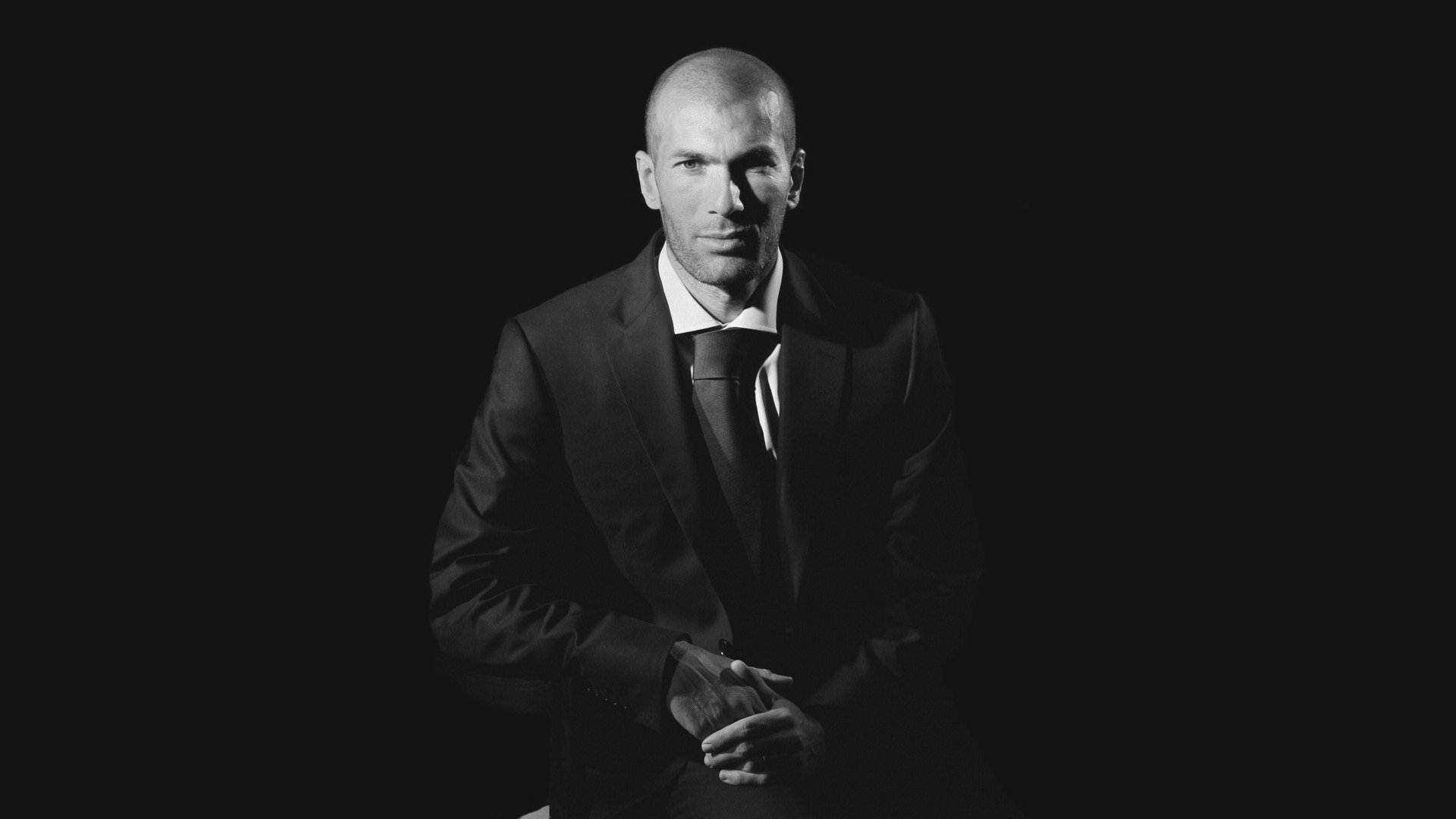
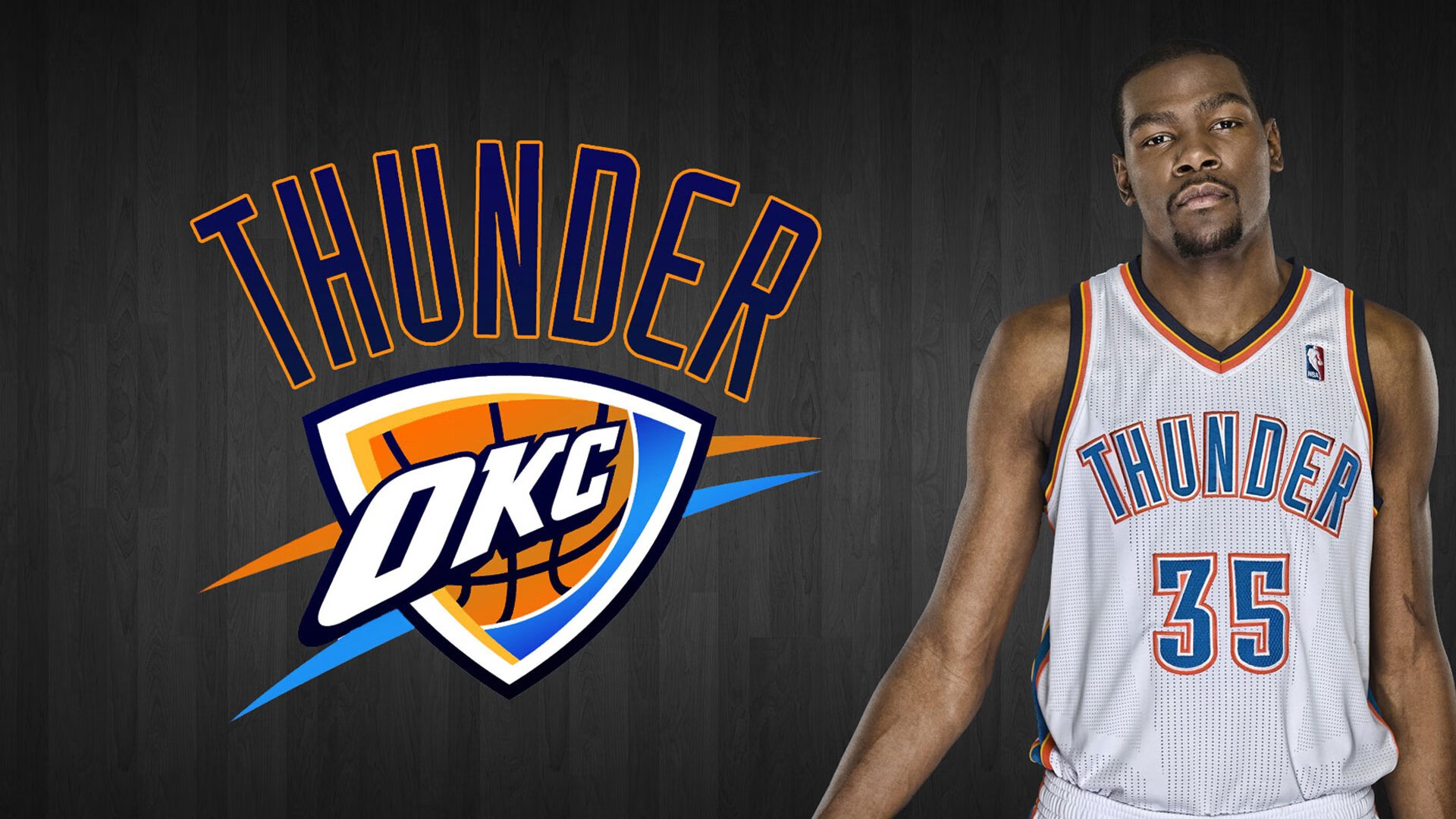
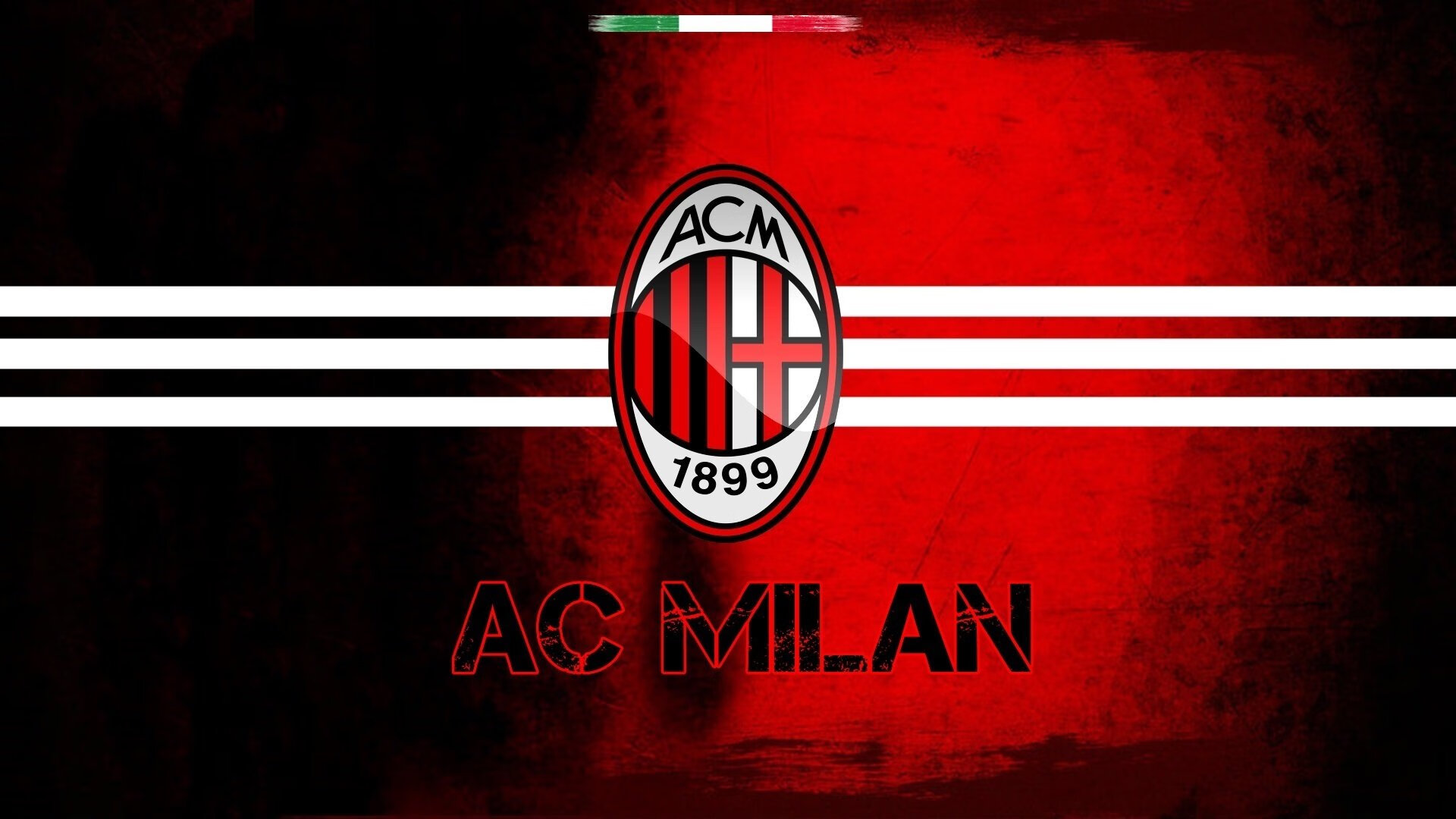
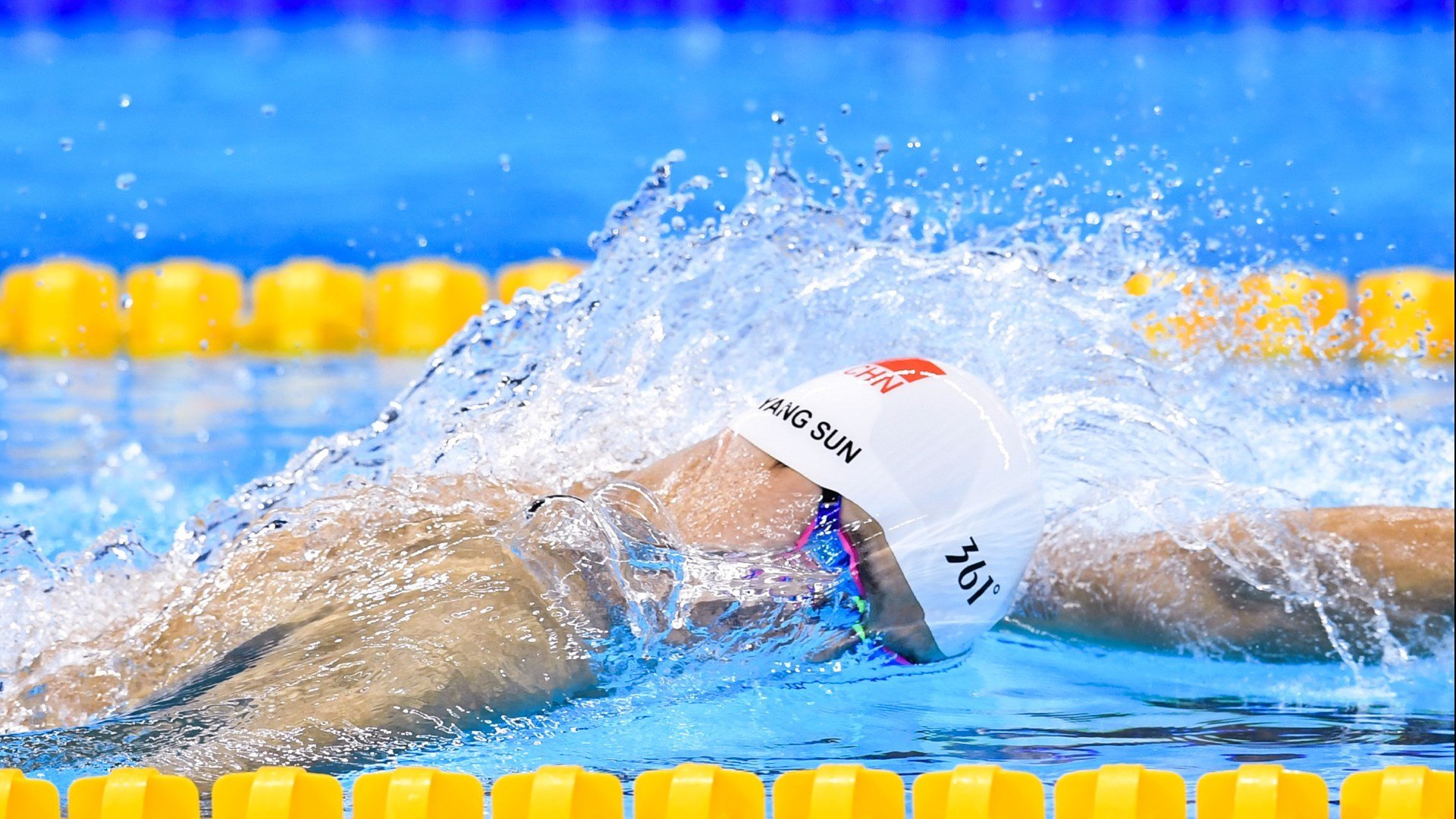
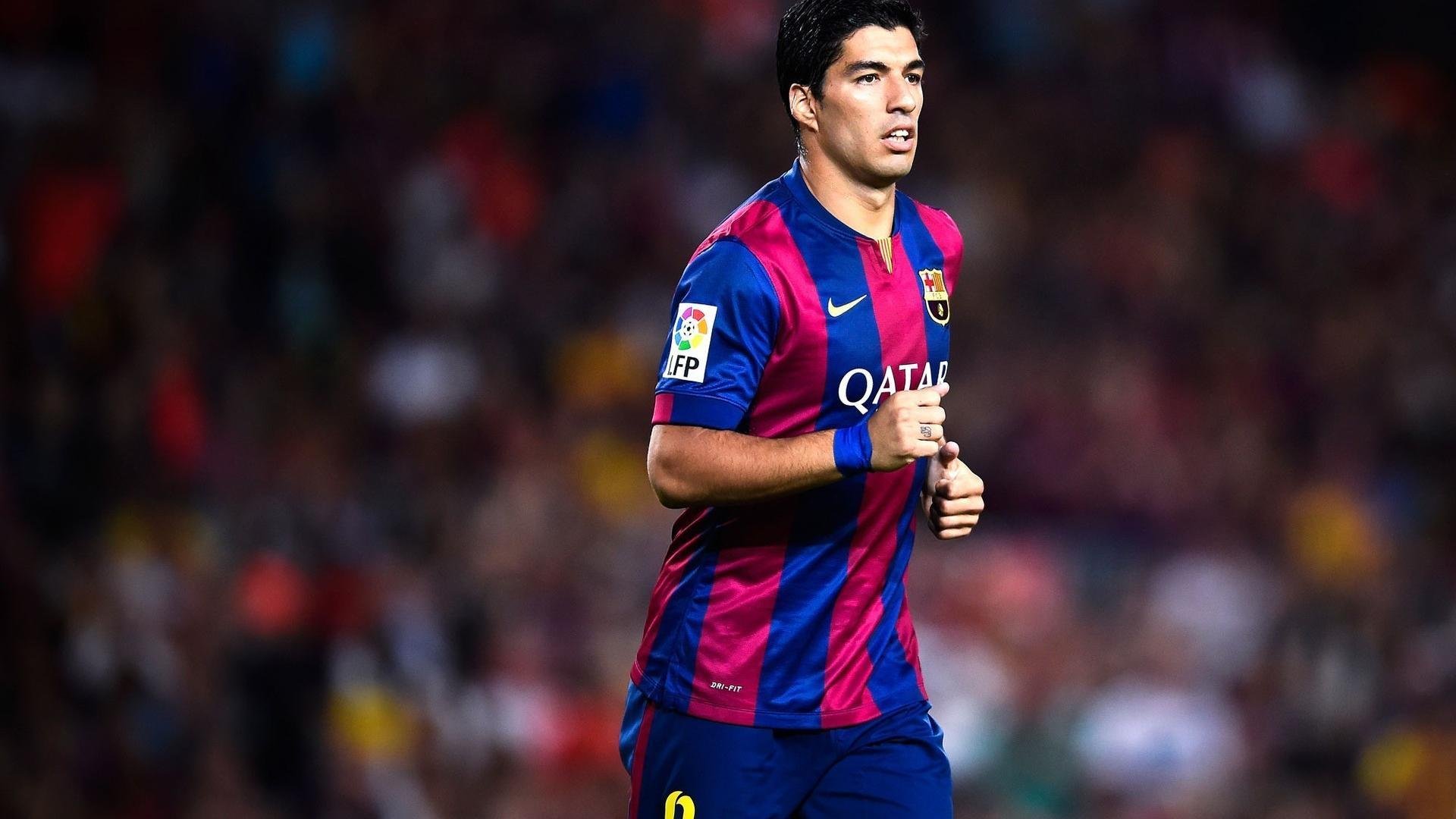



暂无评论
发表评论